There are numerous observations shedding light on the properties of dark matter, however its decomposition is unknown. Based on its known properties, we examine whether dark matter can be superfluid light. Our speculation is motivated by the recent observations of Bose-Einstein condensation of photons [1] and by the successes of the bosonic star dark matter models [2].
In this project, we examine the quantitative details of the above proposal. Under what conditions do photons condense in the early Universe? Is the condensate “dark “? Is it destroyed by ordinary matter? Does the average energy density trapped in the condensate match the measurements? Do vortices in the condensate correspond to galaxies, clusters or larger observed structures? Can the mass distribution of galaxy clusters be explained? Do the galactic rotation curves agree with this model?
Based on the general properties of Bose-Einstein condensates and the standard (ΛCDM) cosmological model each of these questions can be quantitatively answered [3,4].
References
Supervisor: Dr Agustin Schiffrin
See https://www.monash.edu/science/schools/physics/honours/honours-project to apply.

